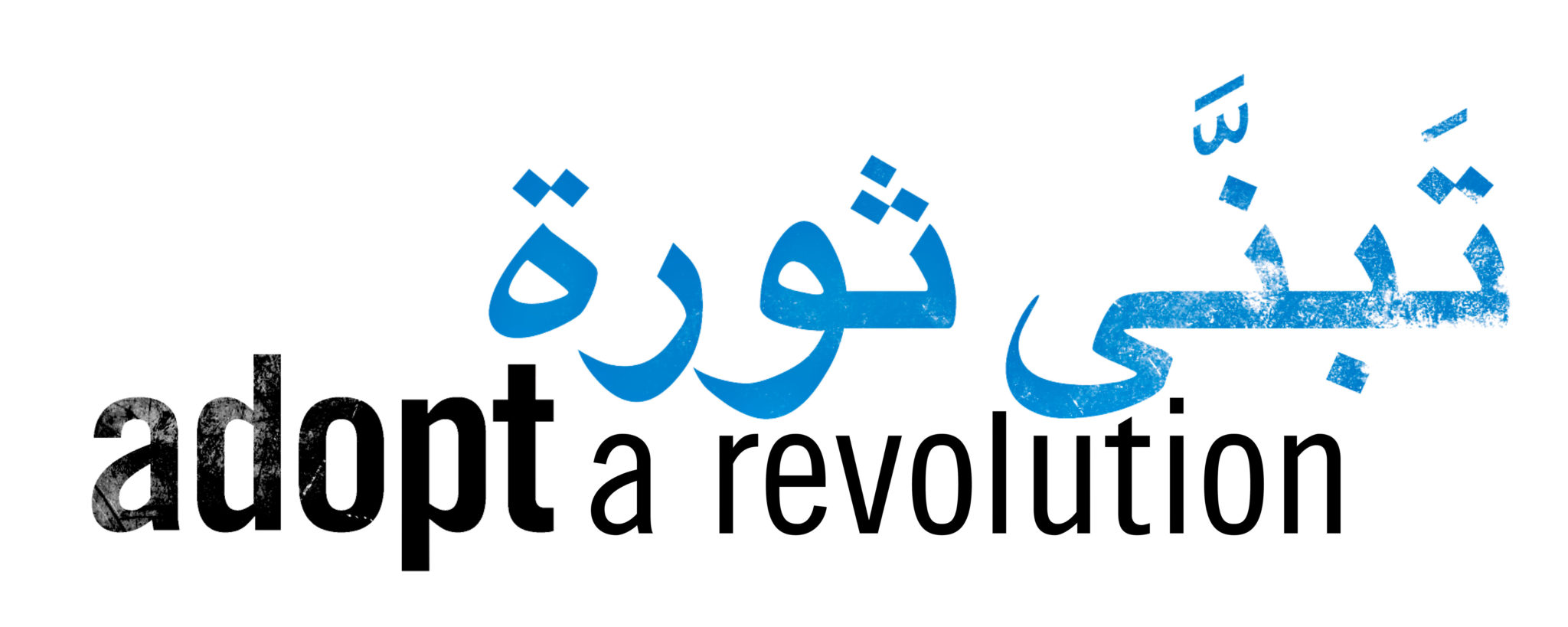Efforts to discuss a ceasefire in Serekaniyê prove to be unsuccessful as Kurdish and Arabs opposition forces are seemingly unwilling to negotiate. The Kurdish Supreme Committee (KSC) met the damscus-based opposition group “The National Committee for Civil Peace Protection” under the leadership of Michel Kilo earlier this week. The KSC opts for the withdrawal of military elements from the city and a joint civil administration, led by the KSC. Meanwhile Kilo approved the negotiations and peace in the city in order to be able to concentrate on Damascus. He also warned that “we must take immediate action to solve the current rift; otherwise, we would never be able to get rid of the nightmare of civil war.” However, Islamist groups unknown to locals undermine the current efforts with their fighting. Also, the Arab Revolutionary Council, affiliated with the FSA, stated it will not accept Kurdish domination in Serekaniyê.
As there are more and more reports warning of the Islamist segments of the Syrian opposition, Omar Hossino draws a refreshing picture of the still ongoing secular and national character of the Syrian opposition. One of the very early grassroots movements is Tajammu’ Nabd, who says it is fighting the regime and sectarianism. Its activities are rather small-scale but indeed very powerful for example when they dressed up as Santa Clause in Homs giving gifts to Christians. Tajammu’ Nabd predominantly addresses minorities in Syria: “In Syria there are two sects: the sect of freedom and the sect of the oppressors”. Interestingly, he points out how a dozens of Allawite who wish to remain unnamed work with the FSA. This is facilitated by “the presence of uncovered women who speak with an Alawite accent allows these activists to avoid suspicion by the regime.”
But also religious leaders engage in an anti-sectarian narrative such as Sheikh Abu al-Huda al-Husseini” and Sheikh Muhammad al-Yaqoubi who advocate that everyone should get a say in a new government, “even the atheists”. Paradoxically, even some Sharia courts which have been set up in Syria advocate an anti-sectarian and moderate agenda where human rights are most important. However this is not the case everywhere. Anti-sectarian views can also be found in military groups such as the “Kurdish Salah al-Din Brigade” operating mainly in Aleppo. The leader, Bewar Mustafa states that they are fighting for all Syrians and “Kurdish fighters are determined to stand up against sectarianism when the regime falls.”
A more organized way to bring together the secular-minded opposition is the “National Coalition to Protect the Civil Peace” founded in late 2012 by Muhammad Hussein who says: “There are a lot of people here who still believe in our nation”.
While the author does see the rising influence of Islamist groups, he also points to the fact that Jabhat al-nusra for example is defended by Individuals within minority groups. Obviously, these groups effectively help on the ground and fight the regime while the West is absent. Quoting an Alawi woman may sum up this dilemma: “I don’t understand why the United States calls Jabhat al-Nusra terrorist, while Bashar al-Assad is the only terrorist in Syria.”
At the same time, Human Rights Watch director Kenneth Roth explains that Syria needs a major influx of humanitarian aid which is not channeled through Damascus. This means that the help is not reaching many opposition-held areas. As this is ineffective, he proposes that aid should be more coordinated with “rights-respecting elements of the rudimentary civilian governance structures”. This would also enhance the voices of these structures on the international level.
However, Roth warns not to “replicate the “well fed dead” phenomenon of Bosnia, where the international community focused on humanitarian aid to civilians rather than ending their slaughter.” More harsh sanctions, such as a worldwide ban on sending Arms to Pro-Assad forces should be invoked. Russia’s stand in this conflict should not lead to the abandoning of further steps by the international community. Starting with more humanitarian aid, this will also empower civilian government structures and strengthen their authority in future negotiations. In this sense, Roth does not simply advocate more humanitarian aid but he shows how much this must go hand in hand with political solutions!
Rupert Neudeck, who is the founder of Cap Anamur and “Grünhelme” reports in his interview with ‘Deutsche Welle’ about his current visit in Syria. Thereby, he expresses astonishment with regard to the well – functioning civilian administration on the ground. He gives the example of the village near Azaz where teachers are trying to provide their students with school education. Futhermore, he estimates that nearly 90 % of the population are defecting from the regime. Deserters from the Army told him that nearly everybody whishes to defect from Assad’s army but is too afraid to do so as they fear they have been in it for too long now. This would make it too difficult to defect from Assad’s forces at this moment in time.

